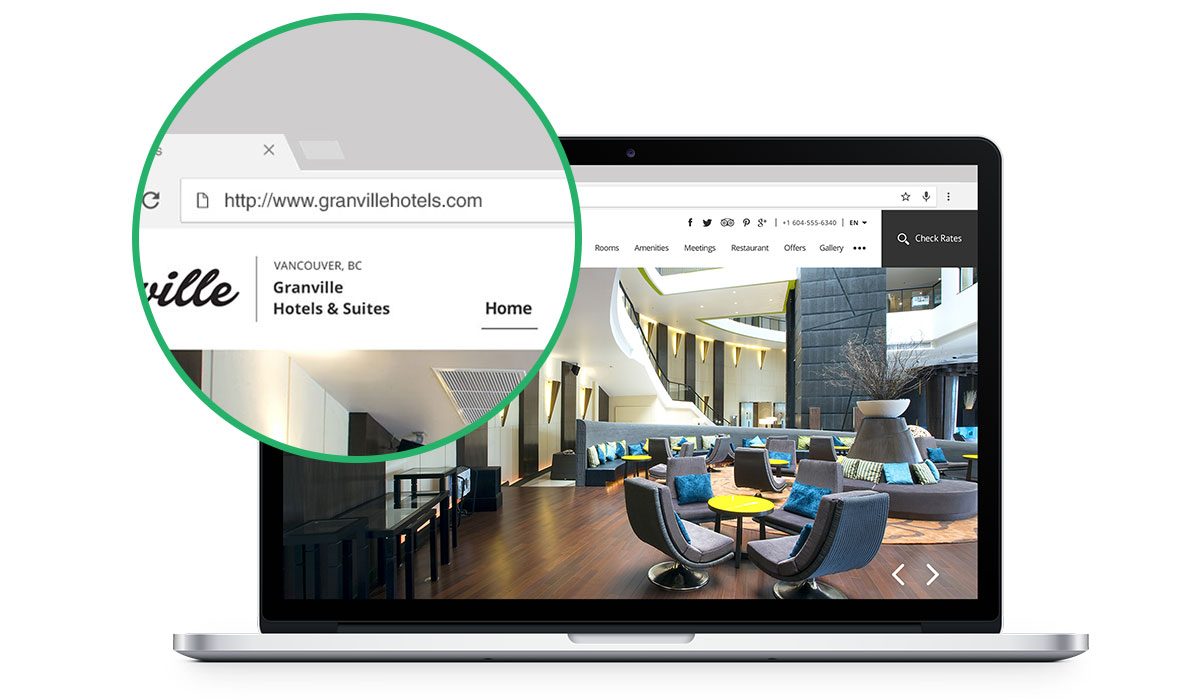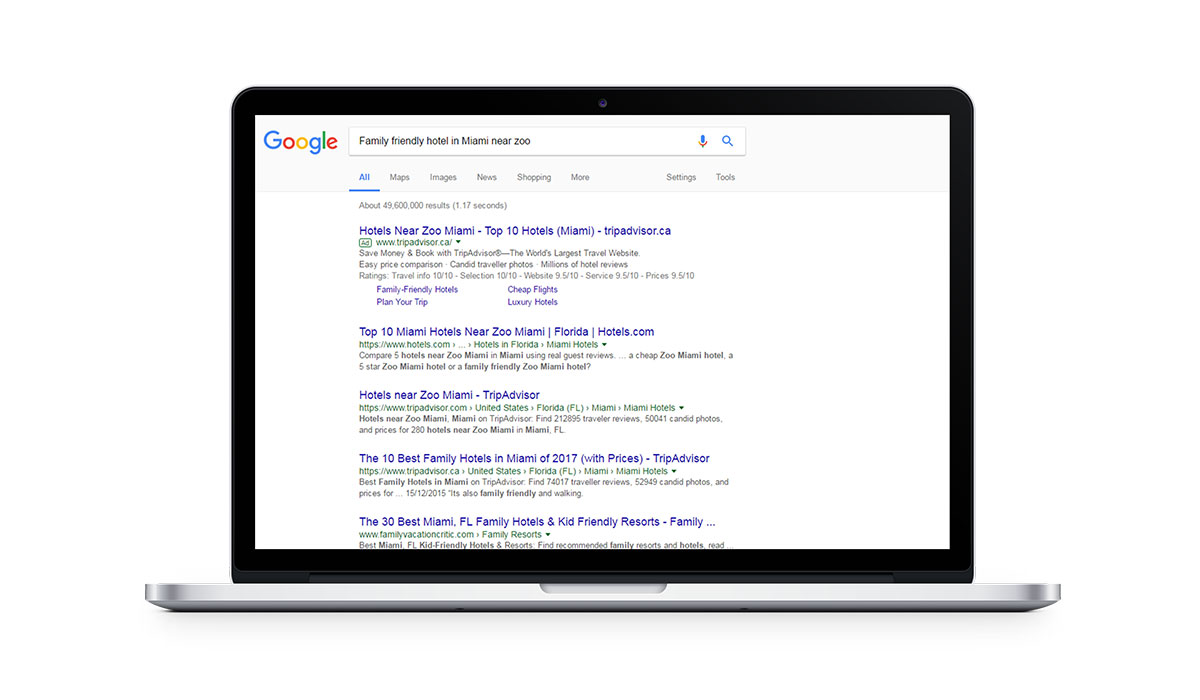Do You Own Your Website Domain? The Common Mistake Made by Hoteliers
Today, hoteliers have a lot of choice when it comes to managing their digital marketing. Gone are the days of having to rely on expensive agencies or web developers to handle it all. New technologies have emerged, from DIY website builders to complete hotel marketing solutions, that are far more cost-effective and give hoteliers greater flexibility and control. But buyer beware: Not all technology providers are created equal. Without asking the right questions, you could find yourself short-changed.
At Leonardo, we work with thousands of hoteliers looking to drive more direct bookings at a lower cost. New customers sign up to Vizlly, our digital marketing solution, to do just that. But one of the common mistakes we see being made has to do with their domain ownership.

What is a Domain Name?
Domain names are relatively cheap to register through an Internet Domain registrar like GoDaddy.com or Register.com, though they must be renewed every year or few years. Anyone can register a domain name, and the name is yours until you stop renewing it.
Which brings us to the issue of…
Who Owns Your Website Domain?
Because it’s so valuable, we cannot stress enough the need to OWN YOUR OWN DOMAIN. This is a mistake we see hoteliers make all too often – they entrust someone else to purchase their domain name for them, and wind up in a pickle.
For example, they may inherit a website domain through the acquisition of a hotel. Or ask their agency or web developer to purchase a domain name for them while building a new website.
This raises a number of issues around domain ownership. If a third-party purchases your domain name, then you technically don’t own it. So if you were ever to leave your agency, switch website providers, or lose touch with the previous hotel owner, you might lose access to your website domain as well.
This has actually happened to one of our customers, a Comfort Suites property in Utah. The owner purchased the property, but the domain name still technically belongs to the previous owner. She now finds herself in a holding pen, unable to launch her new Vizlly website until the previous owner contacts the domain registrar and transfers ownership, which is proving to be a very slow process.
You can see how this scenario could be even worse if your website provider or web designer owned your domain name. If the relationship soured, they could essentially hold you captive for fear of losing access to your website.

Not owning your domain name can have serious repercussions…
1. You’d Need a New Website
This could take months, leaving a serious gap in your digital marketing strategy. You’d not only have to pay for a new website, but also rely more heavily on third-party channels to sell rooms while you waited, costing you more in commissions.
2. All that SEO Goodness, Gone
Yes, with a new website, you’d be starting from scratch on everything; web content, design, link building, not to mention clawing your way back up in search rankings.
You should expect a significant drop in organic traffic as you do this, leading once again to an over-reliance on OTAs to fill the gap.

3. You’d Be Competing With Your Old Self
4. Your Old Domain Would be in the Hands of Someone Else
Consider how many places you currently promote your website; in brochures, print ads, business cards, email signatures, and many other places you probably can’t remember. It’s all too easy for someone to see this promotion and visit your website, only to have it redirect somewhere else.
How to Protect Yourself
Protect yourself in the following ways:
- Purchase your own domain name from a registrar like GoDaddy or Register.com. They have customer service teams who can walk you through how to do it if you’re unsure.
- If possible, try to register your domain name under the hotel’s name, not an individual’s name. That way, if someone leaves the business, you don’t have to worry about transferring the domain name into someone else’s name. Ask your domain registrar provider if this is an option.
- Don’t share your domain registrar password with anyone (e.g. your GoDaddy login). Your web developer, agency or website provider does not need direct access to this. GoDaddy’s customer service team can help you with the technical aspect of launching a new website if needed.
- Keep login details separate for your domain registrar (e.g. GoDaddy) and web hosting provider (e.g. WordPress). The last thing you want is a hacker gaining access to both!
- If a third-party does purchase your domain name for you, ask the right questions. Who owns the domain if you end your contract? Who owns the website, including all design, code and content? If it’s not you, then don’t sign.
With Vizlly, we’ll always advocate for our customers to purchase their own domain name, because it’s the right thing to do to ensure their long-term success.

